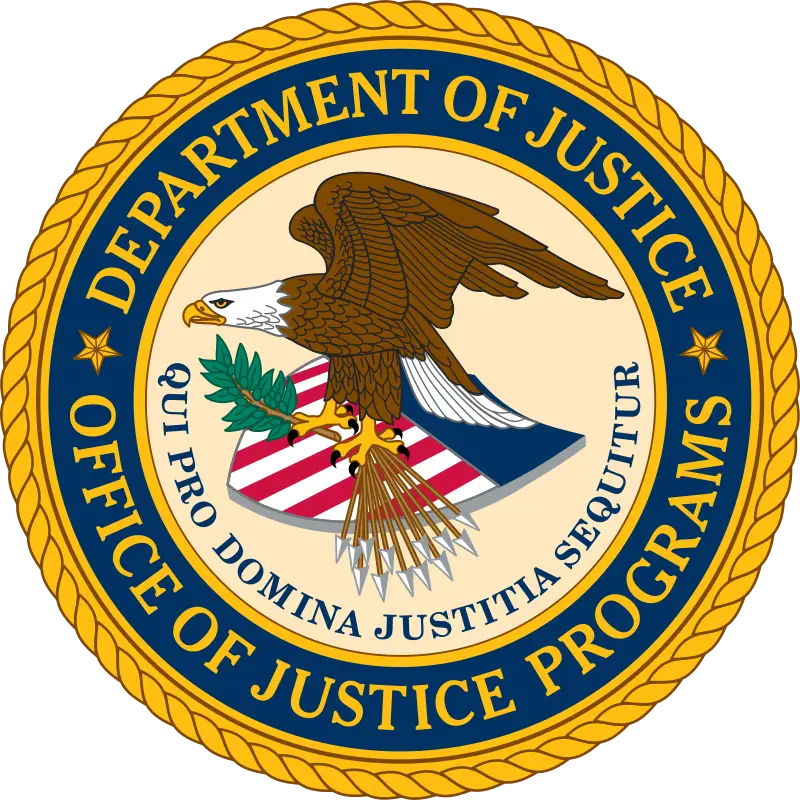For survivors of sexual abuse or assault, finding the right support can be overwhelming, especially in the aftermath of trauma. One often-overlooked but incredibly powerful tool is the Online Directory of Crime Victim Services, a free, searchable database maintained by the Office for Victims of Crime (OVC), a division of the U.S. Department of Justice.
Launched in 2003, the directory was created in response to a growing need for centralized access to victim assistance organizations and programs across the country. Its mission is simple but vital: to connect crime victims—including survivors of sexual violence—with services that can support their recovery, safety, and rights, regardless of where they live or what stage of healing they are in.
Today, the directory features thousands of listings and continues to expand. It covers all 50 states, U.S. territories, tribal communities, and military installations. Programs listed include counseling centers, legal aid clinics, emergency shelters, victim compensation boards, advocacy hotlines, medical services, and specialized support for survivors of child sexual abuse, institutional abuse, intimate partner violence, and trafficking.
For survivors of sexual abuse and assault, especially those navigating the effects of trauma years after the incident occurred, the directory offers a tangible starting point. Whether a survivor is looking for trauma-informed therapy, legal advocacy (see the form at the bottom of this page), or simply a local support group where they can talk without judgment, the tool allows users to filter by type of crime, type of service, location, and populations served (e.g., LGBTQ+, children, men, women, veterans, people with disabilities, etc.).
Importantly, the directory isn’t just for immediate crisis support. It’s also a long-term healing resource. Many survivors don’t come forward until years—even decades—after the abuse occurred. When they do, the Online Directory of Crime Victim Services offers a way to search for mental health providers, attorneys, and case managers who understand the nuances of delayed disclosure, PTSD, and institutional betrayal.
Each listing includes contact information, a description of services, the geographic area served, and often whether there is language support or cost assistance available.
In a country where access to services can vary dramatically depending on region, this directory helps bridge gaps, especially for survivors in rural areas or those unsure where to start.
You can access the directory here: https://ovc.ojp.gov/help/dir
For many survivors, just knowing that resources are out there—public, confidential, and specifically designed to support their rights—can be a first step toward reclaiming control, dignity, and safety.
